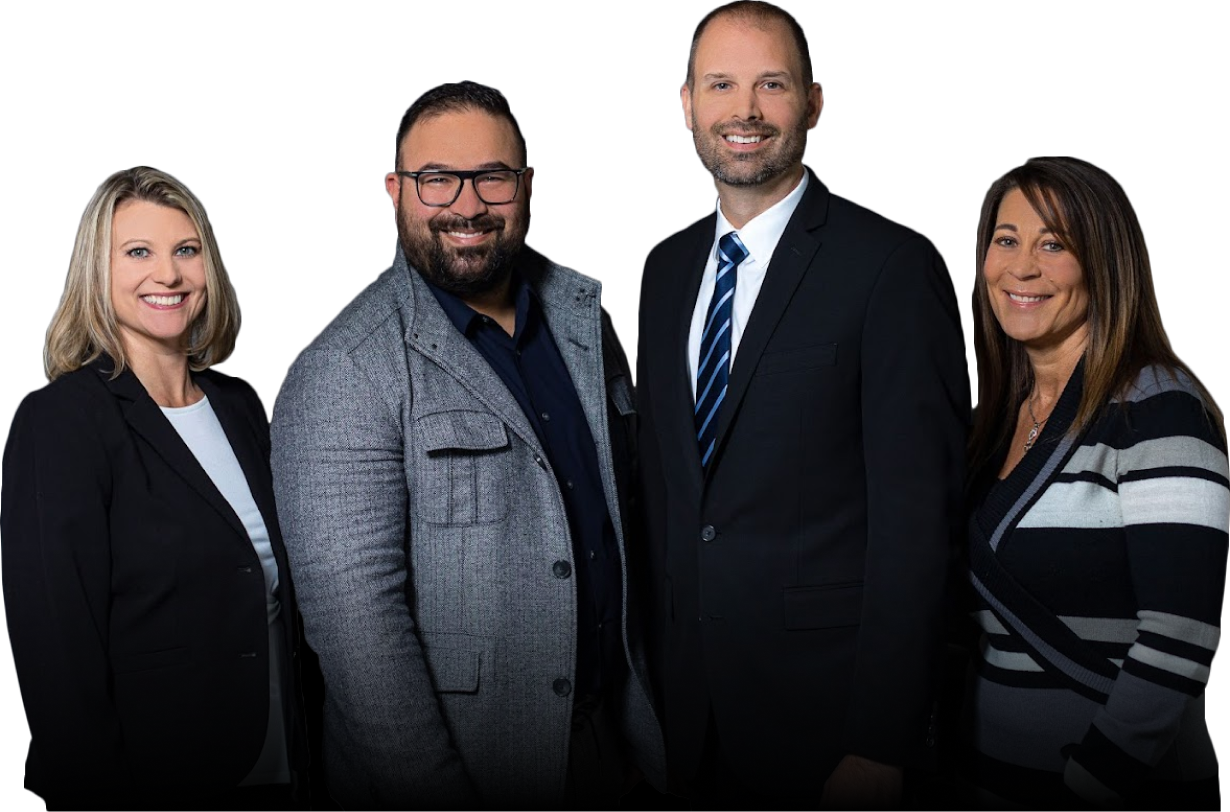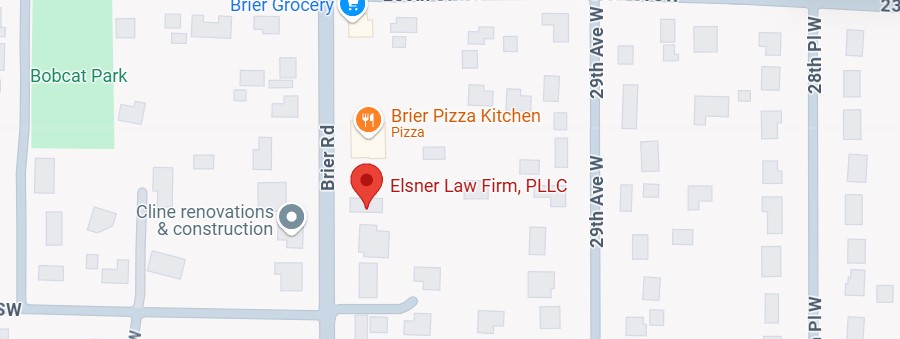Personal Injury Lawsuits: Navigating Appeals and Claims
Cases won’t always go your way – at least not initially, even when you think they’re resolved. When a ruling doesn’t go in your favor, it can be discouraging, frustrating, and leave you feeling like you have no options left. Fortunately, that’s not the case. Especially when you’re the injured party, it’s understandable that you’ll do whatever you can to get justice for your trauma and time spent. That’s where making an appeal to your case comes in.
Appealing Your Case
To begin the appeals process, one of the parties in the case must first make a request for a higher court to review the case. In contrast to the initial trial, the appeals process is less focused on presenting the evidence and more concerned with the court’s application of the law. They’ll use the facts presented in the trial to help make their decision, unless new evidence pertinent to the case has been revealed. While trials often involve only one judge, an appeals case will bring in multiple judges for will hear the case separately and come to their own conclusions moving forward.
If one party brings a case to the appeals court, both parties’ lawyers have the opportunity to submit briefs to the appeals judges to help determine the veracity of the case. If they find an error in the law after being presented the briefs and examining the evidence previously submitted in the trial, the appeal is accepted and can be further appeal up the court system through the state’s supreme court and potentially higher to the federal, depending on the case (though most cases rarely go this high).
Claiming Damages
Whether or not you’ve gone through the appeals process, you’ll want to make sure you’re claiming any damages you’re due. Depending on the extent of your injury, this sum of money will vary. But there are other factors as well, such as the personal loss from the accident, medical costs, and lawyer fees. There’s also the intent of the other party, whether or not their motives were malicious or intentional or merely accidental will put a greater weight on their penalty and pay out to you.
“Pain and suffering” is a legal term used in personal injury cases for helping determine the damages you’ll be afforded as the injured party. The worse your hardships, the more money you’ll be afforded by the court. However, some of this is a bit more abstract and harder to quantify. It’s about trying to compensate for the emotional damage the accident has on your life, from psychological trauma to the death of someone involved in the incident who was close to the party. Sometimes this sum is done through a loose equation, i.e. medical bills x a designated multiplier (usually between 1.5 and 5).
Once this has been determined, it is then up to working with the insurance companies to work out the plan. Oftentimes insurance companies may try to negotiate a lower rate, but your attorney should help fight for you to be compensated for what you rightfully deserve.
Pushing for your case and collecting your claims can be tough work. That’s why you need an attorney that will work for you and make sure you’re being taken care of properly. Elsner Law Firm specializes in personal injury cases and will help build you a case that fully compensates you for the damages you’ve experienced. Give us a call today and we’ll start working with you on your case.







